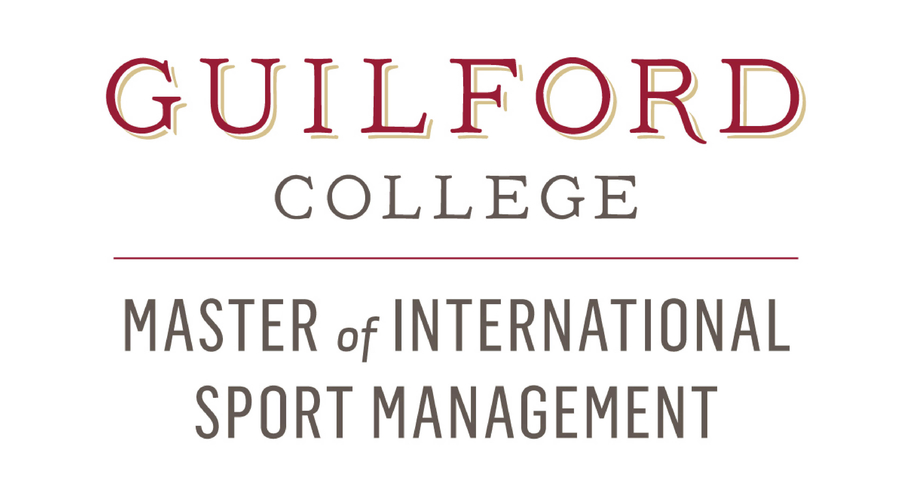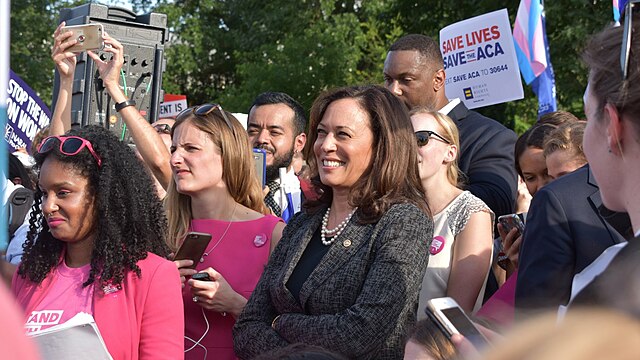As I cracked open this year’s fourth issue of The Guilfordian, I did my weekly once-over to look through the issue for face value stuff, like any glaring errors or things that looked out of the ordinary. Much to my surprise, I found a point that made me raise an eyebrow. Funny enough, when I went to my friend’s apartment, I was greeted by a similar, “Hey, this doesn’t look right.”
So I decided to look more into this nugget of misinformation, as it were, because if we are a school newspaper looking to convey truth, what we publish should be unbiased (in all sections other than Opinion), am I right?
The statement that came to my attention was a sentence in the College Republicans’ apology for Andrea Tantaros’ “very insightful” visit. The sentence reads, “The Quran is supposed to be an extension of the Old Testament in the Bible,” written by Will Moore, Guilford College Republicans president.
Well, I’m not well versed in religious studies, but even I knew something was amiss about this statement. Since I’m a psychology major, I did the one thing psych has taught me to do well over the years: research. After skimming through a related blog, I decided to cross-reference the info I found with people I thought were knowledgeable about the subject such as Director of the Friends Center and Campus Ministry Coordinator Max Carter and Daniel Vasiles ’12. Their info on the topic matched what I found on the blog.
In summation, the info says that the Quran is not an extension of the Old Testament. As a matter of fact, the Islamic faith does not even give any merit to the Old Testament. One major reason is because the Torah (or Old Testament) is seen to be corrupted through its iterations over the years by human translators. The Quran is seen as a pure and direct gospel of the word of God. The blog went so far as to point out some inconsistencies in the Torah’s text, like “Did David take with him 700 horsemen (II Samuel 8:4) or 7000 horsemen (I Chronicles 18:4)?” All in all, the moral of the story is to check your sources before you say something like that.
Well, this was a fun excursion into looking into details of certain quotes and stories. I suggest that before you write me off, readers and writers should make sure to pay close attention to works they read and write. Inconsistencies are everywhere, and I got lucky finding this. If you find a few yourself, I suggest you take a trip of your own to look behind the curtain. You never know what you’ll find.






Zhihong Chen • Oct 6, 2012 at 3:01 pm
Dear friend Julian,
Thanks for studying about this matter and presenting your opinion. While I agree that calling the Qur’an an “extension” of the Old Testament in the Bible is not exactly accurate, I also think that your statement that “the Islamic faith does not even give any merit to the Old Testament” is quite problematic.
According to my knowledge about Islam, Muslims believe in the original Torah, and they believe in and adore all the prophets mentioned in the Torah (and in fact, in the whole Bible). The Qur’an clearly says that it was sent down to “confirm” the original teachings in the Torah. Muslims believe that they believe in the same God as the Jews and the Christians do. “Allah” is the Arabic pronunciation of “God” actually. The Jews and the Christians are referred to as “people of the Book,” meaning that the Jews, the Christians, and the Muslims all believe in the same God and the same messages.
There ARE important differences between the Islamic faith and the other two faiths, though. The Qur’an points out that after the original Torah (which Muslims believe in) was sent down, its messages were partially altered by some people over time, therefore losing some reliability. You might have noticed that there are so many different versions of the Bible existing today, so there is the question of which one is the most reliable. The Qur’an criticizes the notion of certain groups being God’s “selected people.” It insists that everybody is equal in front of God, nobody, no group, is God’s “selected,” “favored” people. The Qur’an also criticizes the idea that God begets children. Muslims believe that Jesus (May Peace be Upon Him) is a great prophet, but not “God’s son.” The prophet Muhammad (May Peace by Upon Him) is a great prophet who is adored by Muslims, but never did he claim divinity. He is just a man, not a holy figure. So those are the biggest differences between Islamic teachings and the other two faiths as far as I know.
Muslims are taught to respect the Jewish faith and the Christian faith. Many of the problems in today’s world result from the history of colonialism, modern nationalism, gunboat and oil diplomacy, uneven distribution of wealth globally. Religion and politics are often conflated for various purposes, by both believers and non-believers.
While I appreciate your effort in this article, I think that it might be used for negative purposes. People who are not educated enough about Islam might conclude that the Muslims are strange, alien, and hostile to people who believe in the Torah. In this stressful time, given what have just happened (the insulting film about the prophet Muhammad, the French Cartoon, the death of American Ambassador in Libya, etc.), I think it would be more beneficial to stress more the common foundations and shared values among the Jews, Christians, and Muslims, and in fact, among all humanity. I think that your statement that “the Islamic faith does not give any credit to the Torah” is quite misleading and could potentially be used to incite hostility among people. I think more study is needed before you make a final conclusion. Thank you!
Cate Schurz • Oct 5, 2012 at 2:19 pm
This is an AWESOME letter to the editor. Thank you!